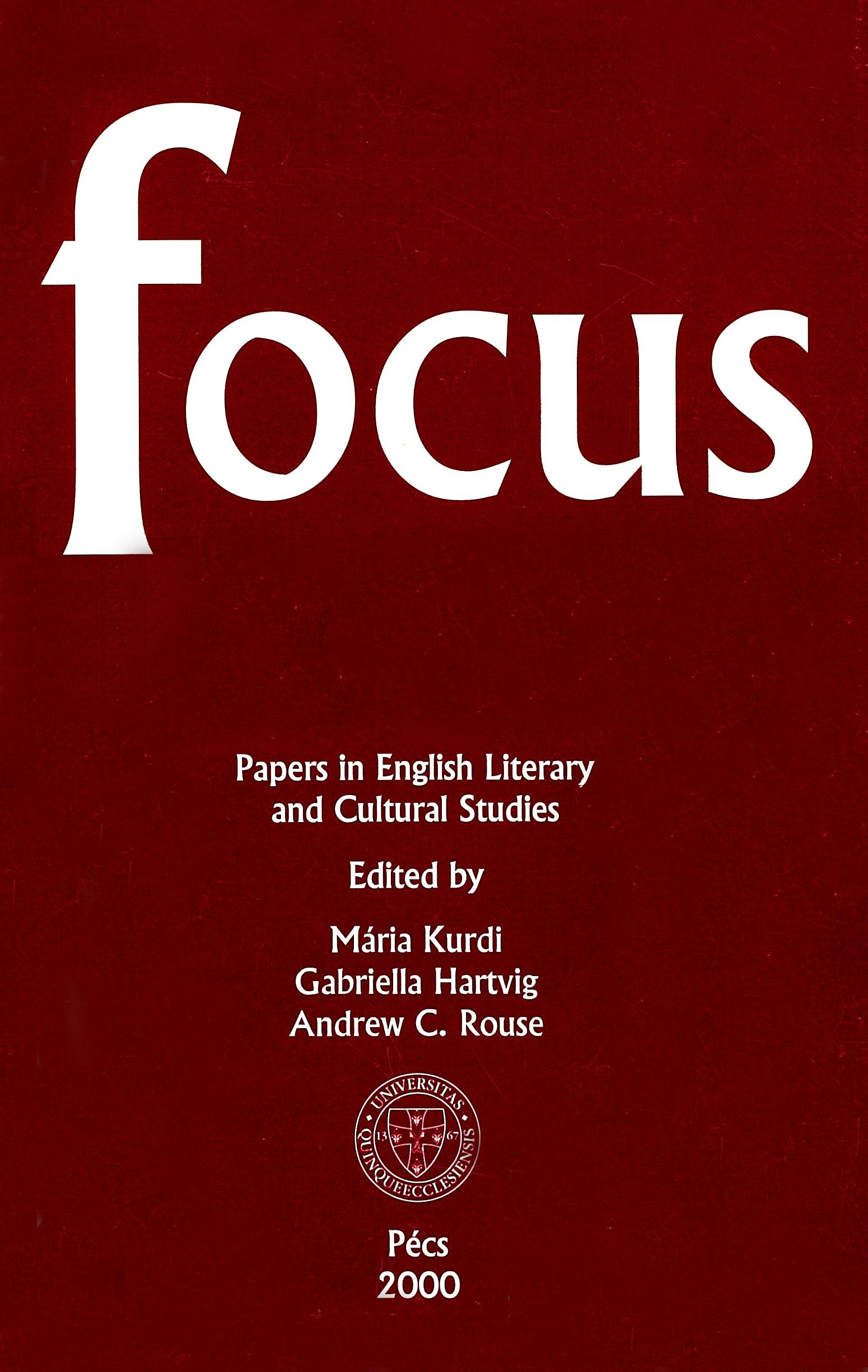Tennessee Williams’s Moviegoers, Or the Neglected Gay Aspects of The Glass Menagerie
Abstract
In scene 6 of The Glass Menagerie (1945) Amanda, the domineering mother, while talking to Laura, cries out like this, “Why can’t you and your brother be normal people? (279, emphasis added). Her hint is clear as regards Laura, the “unmarried sister, who’s crippled and has no job” (312). But the question arises: what is “abnormal” about Tom Wingfield, the poet-narrator of the play, who is seemingly an ordinary young man however unhappy he is with his job at the warehouse or however trapped he feels in his female-dominated nuclear family.
Downloads
Published
How to Cite
Issue
Section
License

This work is licensed under a Creative Commons Attribution-NonCommercial-NoDerivatives 4.0 International License.
FOCUS: Papers in English Literary and Cultural Studies follows the principles laid down by Creative Commons, which provides guarantees for the Author’s copyright while also ensuring that intellectual properties are made available for the wider public in a digital form. All papers submitted to the journal apply the following licence conditions (indicated on the journal’s website as well as in individual publications):
“© This work is licensed under a Creative Commons Attribution-NonCommercial-NoDerivatives 4.0 International License.”
You are free to:
- Share, copy and redistribute the material included in the journal in any medium or format under the following terms:
- Attribution — You must give appropriate credit to the Author, and indicate the original place of publication [FOCUS: Papers in English Literary and Cultural Studies, Issue nr., page numbers.].
- NonCommercial — You may not use the material for commercial purposes.
- NoDerivatives — You are not allowed to remix, transform, or build upon the material.
- The above conditions must always be indicated if the journal material is distributed in any form.
- The above conditions must always be met, unless a written permission signed by the Author and the Editor-in-Chief states otherwise.

